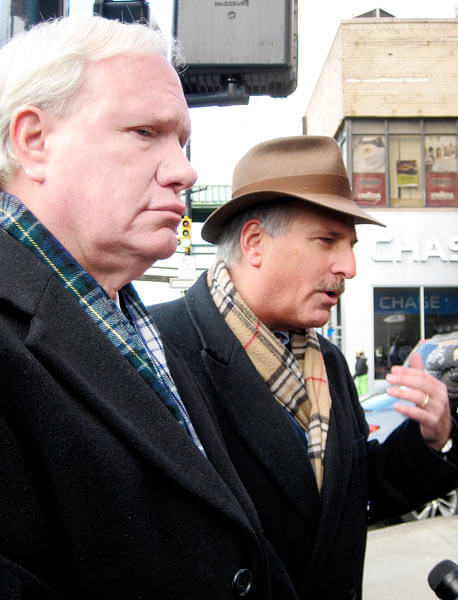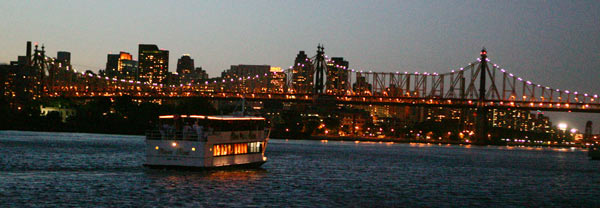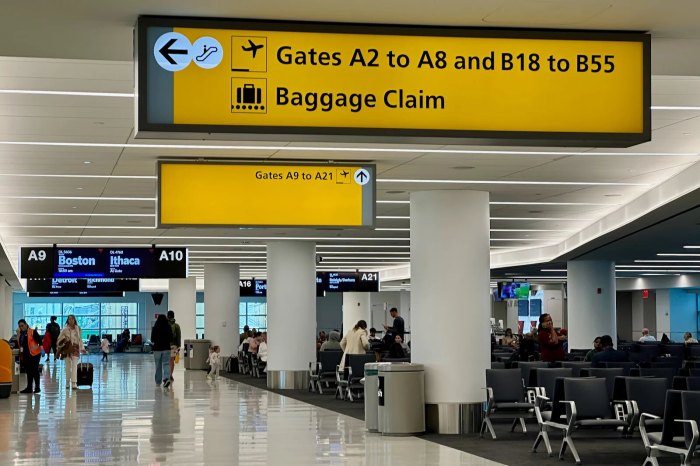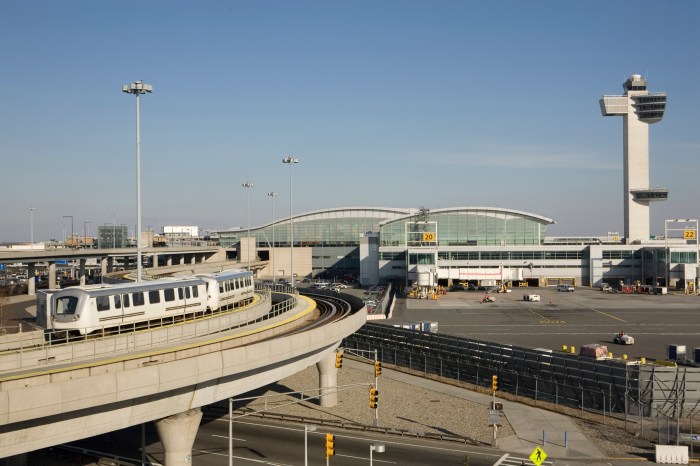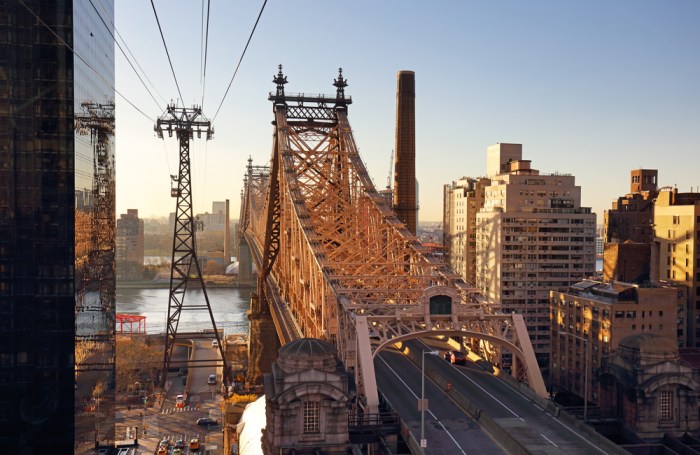By Sarina Trangle
Queens drivers can always count on a free ride to Manhattan over the Ed Koch-Queensboro Bridge if state Sen. Tony Avella (D-Bayside) has his way.
Following a push to toll the city-run East River bridges and funnel the revenue into mass transit and roadway improvements, Avella gathered state Assemblyman David Weprin (D-Little Neck) and Vincent Petraro, associate secretary of the Queens Chamber of Commerce, to introduce legislation banning tolls on the Queensboro, Brooklyn, Manhattan and Williamsburg bridges.
The senator denounced former city Traffic Commissioner Sam Schwartz’s plan to institute $5.33 E-ZPass tolls on the city Department of Transportation-run East River bridges and assess those driving across Manhattan on 60th Street. The so-called fair pricing proposal would reduce E-ZPass fares on bridges that do not pass through downtown Manhattan, cutting the Verrazano-Narrows Bridge fee to $5.66 and fares on the Robert F. Kennedy, Throgs Neck and Bronx-Whitestone bridges to $2.83.
Although the Robert F. Kennedy-Triborough Bridge spans the East River, it is maintained by the state Metropolitan Transportation Authority, which has instituted tolls on city bridges, unlike the city Department of Transportation.
Move-NY, an organization that supports sustainable transportation, argues the fair pricing model would reduce congestion in the city’s business core and raise $1.5 billion annually, of which three-quarters would go to mass transportation and the rest to road and bridge upkeep.
But Avella characterized the fair price model as essentially a repackaged version of the congestion pricing plan that failed in Albany five years ago. He said the lack of subway and bus service in northeast Queens forced his constituents to drive into Manhattan and therefore it was discriminatory to charge city residents to travel from one borough to another.
The senator also said the plan offered no guarantee that the lower tier of tolls would remain intact.
“I know my colleagues in government — the minute that plan would go into effect, those half fares on the other bridges would start to go up,” Avella said.
Petraro said the Queens Chamber of Commerce believed tolling the free East River bridges would devastate small businesses.
The vying traffic plans, which would need approval from the state Legislature, have placed the Weprin brothers at odds.
David Weprin called tolls a regressive tax that overlooked income level. He suggested that a 1 percent commuter tax outlined in a bill he introduced would be an appropriate alternative.
But City Councilman Mark Weprin (D-Oakland Gardens) said he was open to the proposal because, unlike the congestion pricing model, it charged all drivers traveling through midtown Manhattan and could come with more robust bus service and lower Long Island Rail Road fares for his constituents.
“Heck, I think people could actually save money in our areas,” said Mark Weprin who regularly drives across the East River.
The councilman said he hoped his brother, Avella and others in the “transportation desert” of northeast Queens become receptive to the plan because he believes it could be negotiated to benefit the area.
Alex Matthiessen, founder of Move-NY, disputed the lawmakers’ theory that the cheaper tolls would quickly rise, saying the MTA and others have supported sustaining those rates.
He called it ironic that Queens legislators would oppose a proposal that would reduce tolls on five of six borough bridges and collect money to fill the transportation gaps they bemoaned.
“There is a real fairness and equity issue,” Matthiessen said. “Is it fair for transit riders to have to pay every single day to go into the central business district, to go into Manhattan, when over 500,000 drivers, near a million drivers possibly, get to go for free?”
Reach reporter Sarina Trangle at 718-260-4546 or by e-mail at strangle@cnglocal.com.

